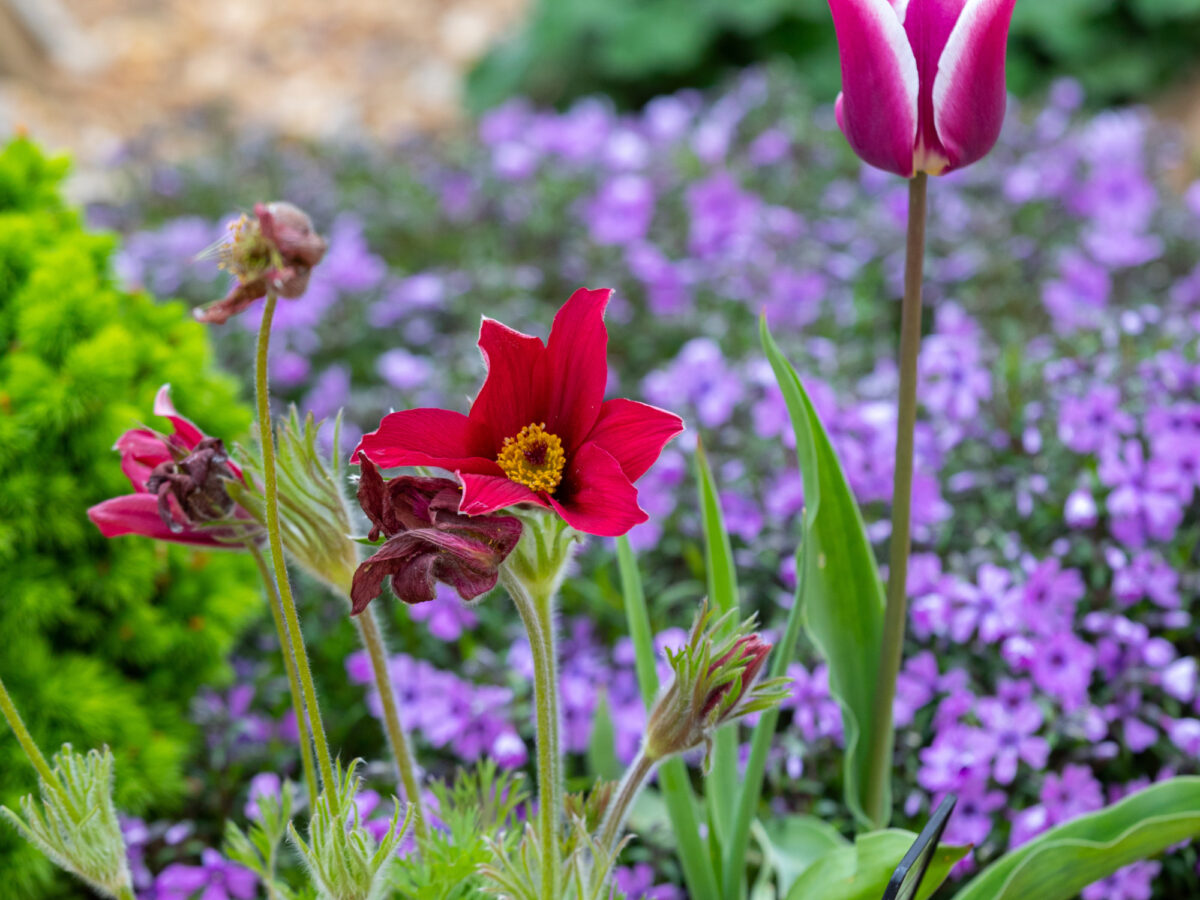
Garden Organic scoops five star award at Harrogate Autumn Flower Show
The Garden Organic team enjoyed three busy days at the weekend for the Harrogate Autumn Flower Show.
Our views

The Garden Organic team enjoyed three busy days at the weekend for the Harrogate Autumn Flower Show.
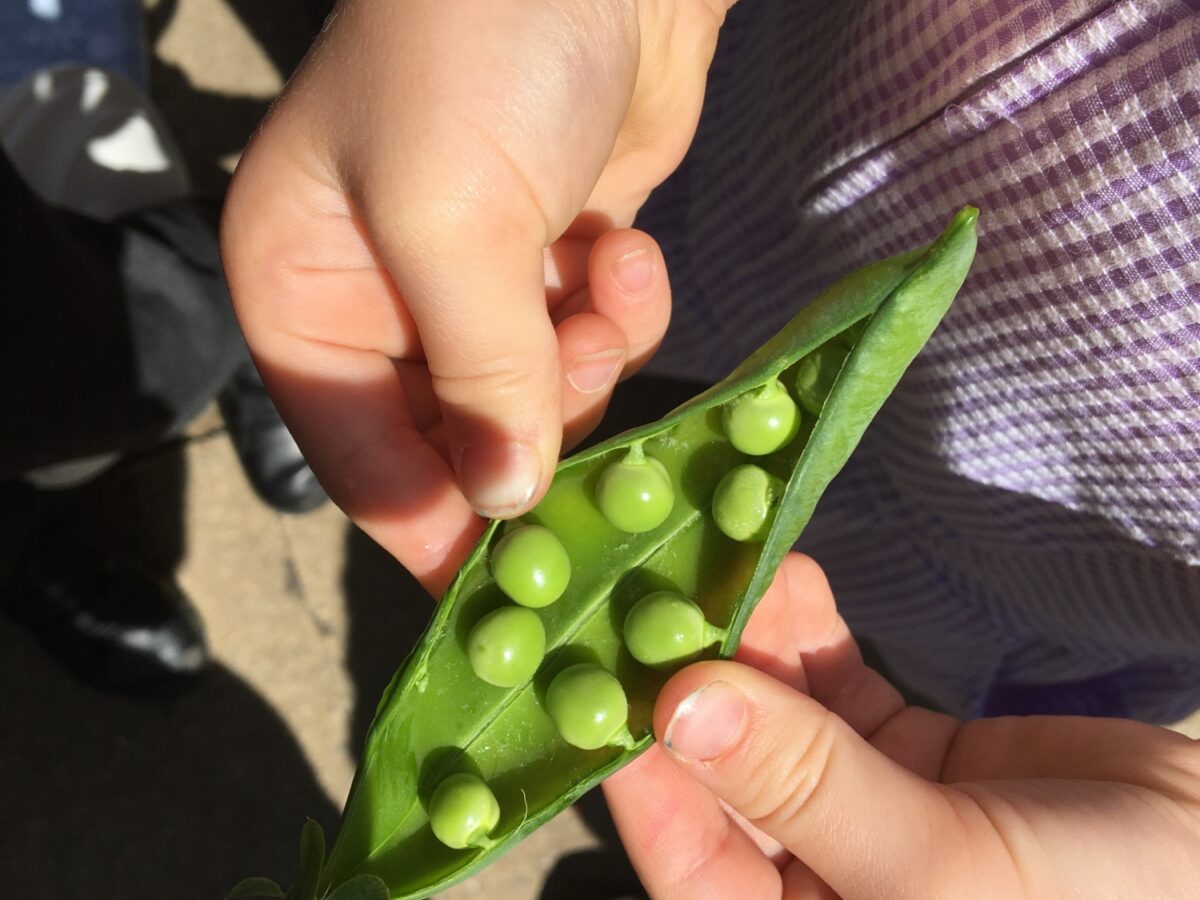
A new report by Pesticide Action Network UK (PAN UK) reveals that the fruit and vegetables given to four-to-six-year-olds via a government scheme aimed at promoting healthy eating habits contained residues of 123 different pesticides.
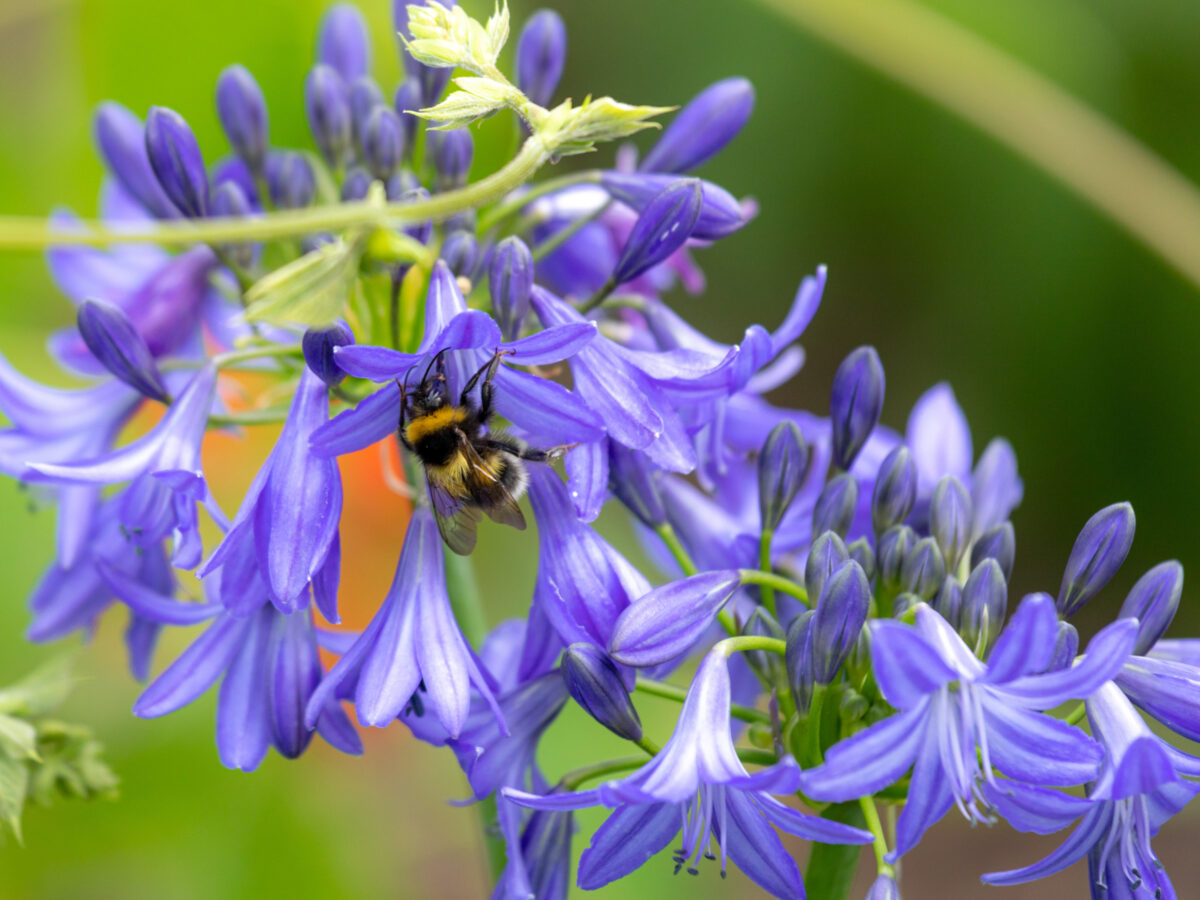
A fascinating study has shown that different pollinators can affect a plant's development.
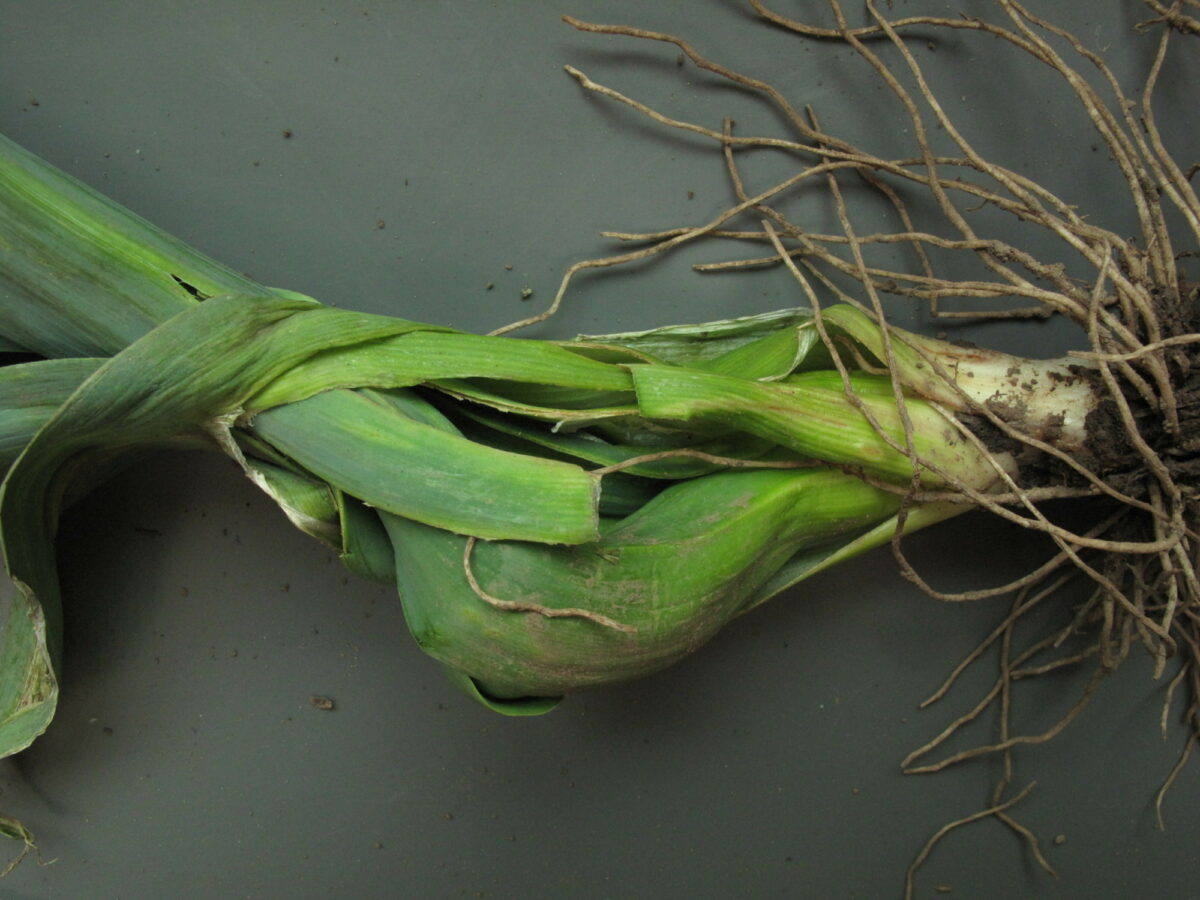
Allium leaf miner (Phytomyza gymnostoma) is a serious pest that affects all allium crops. It first arrived in the Midlands in 2002, and since then, has rapidly spread around the country.
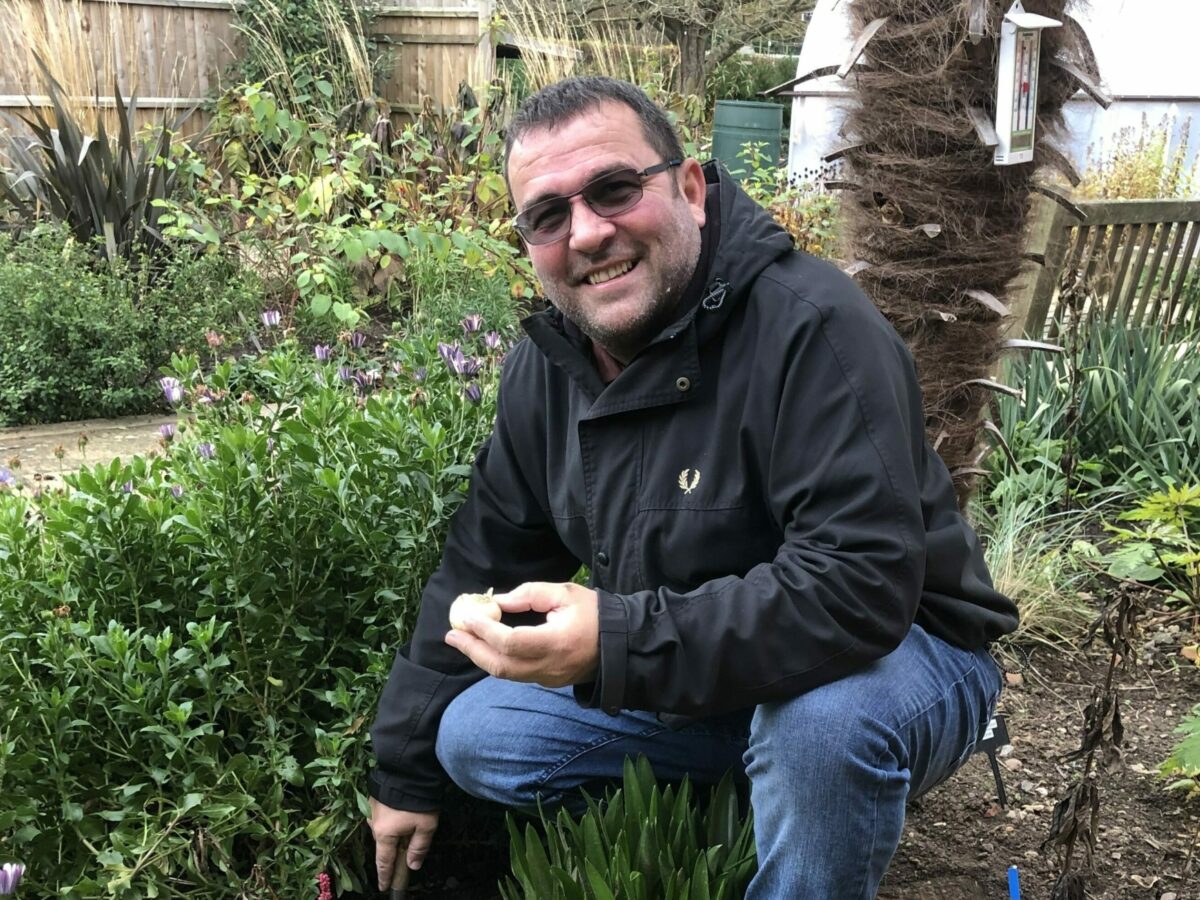
Our Head of Organic Horticulture, Chris Collins takes us on his allotment journey...
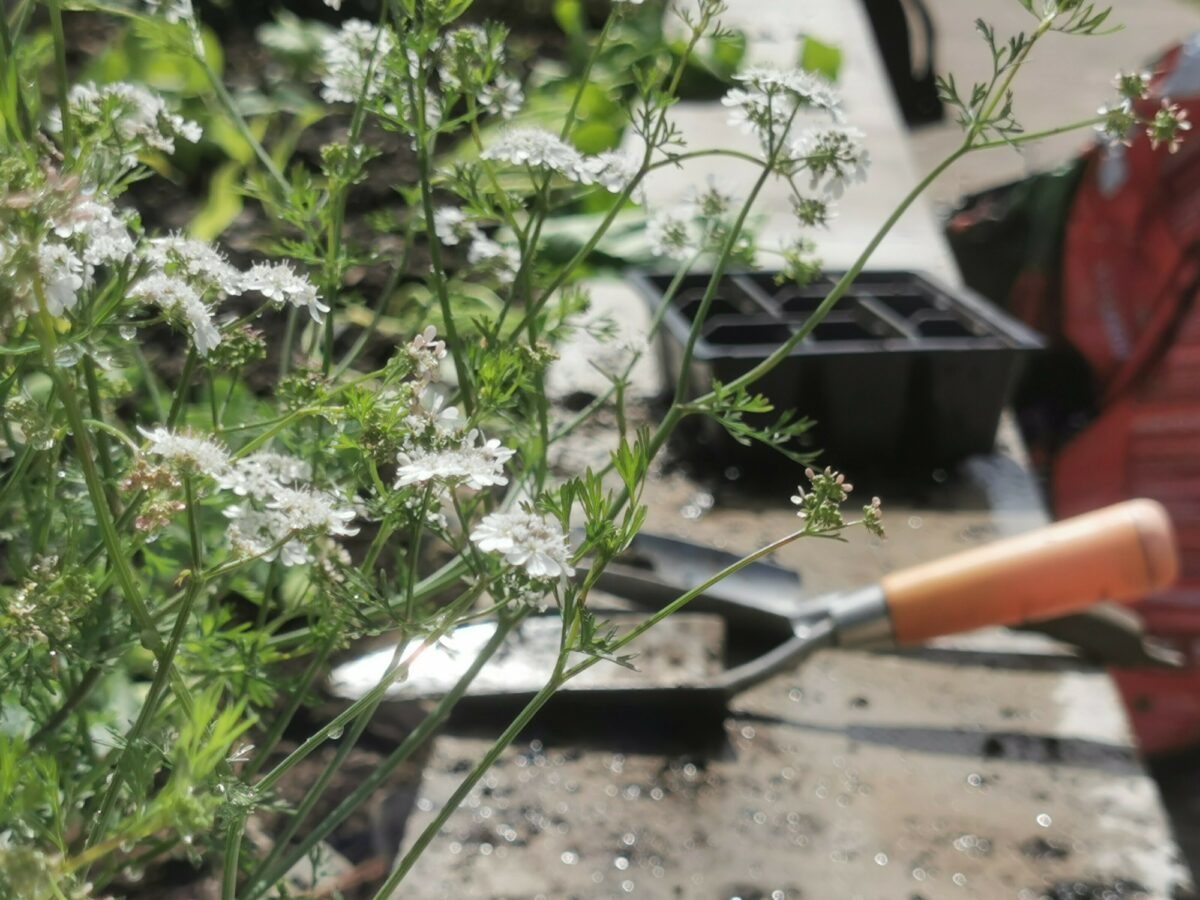
Chase Organics, best known to gardeners and horticulturists for their extensive range of organic seeds, seaweed plant nutrition products and garden supplies, has been granted the Royal Warrant to HRH Prince of Wales.
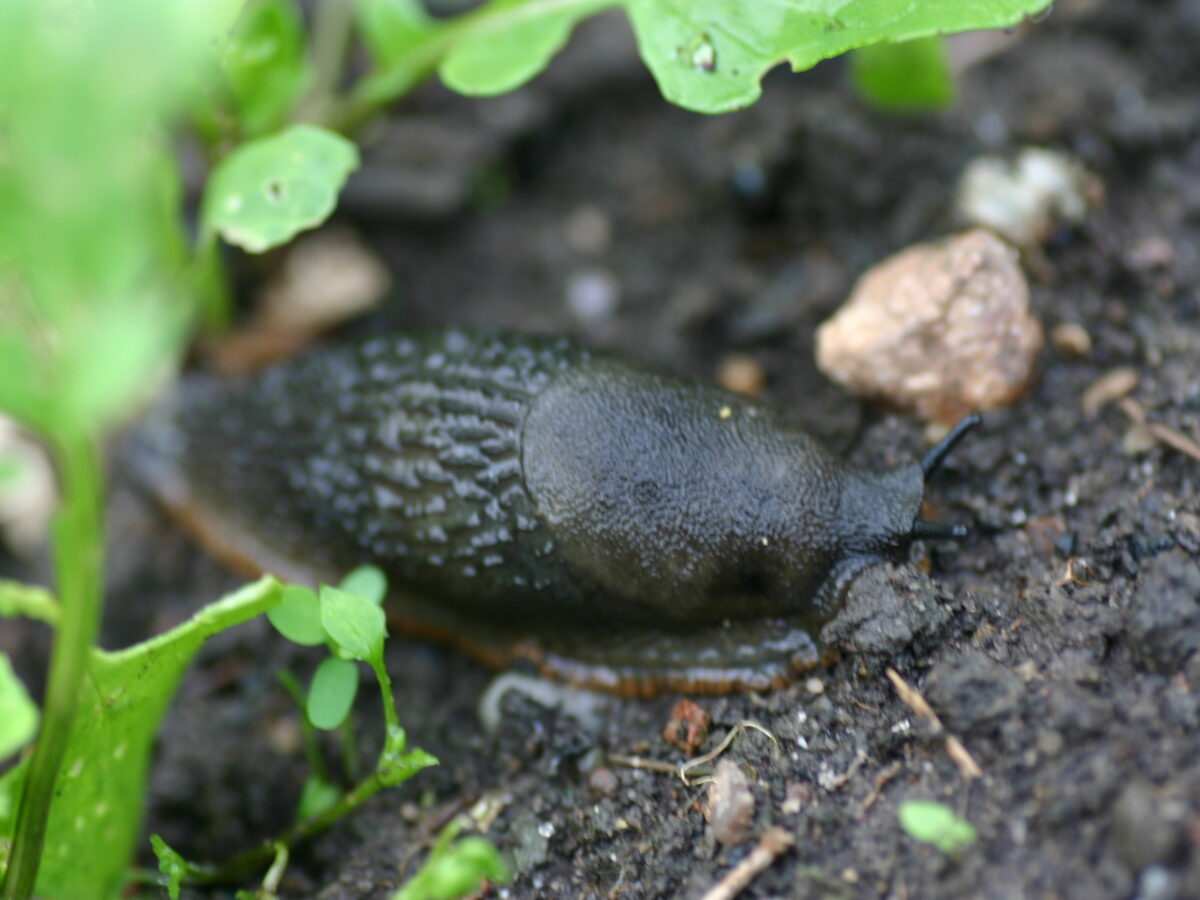
Ongoing RHS trials reveal that organic slug pellets perform as well as toxic synthetic chemical ones – especially on hostas. This is good news for organic growers.
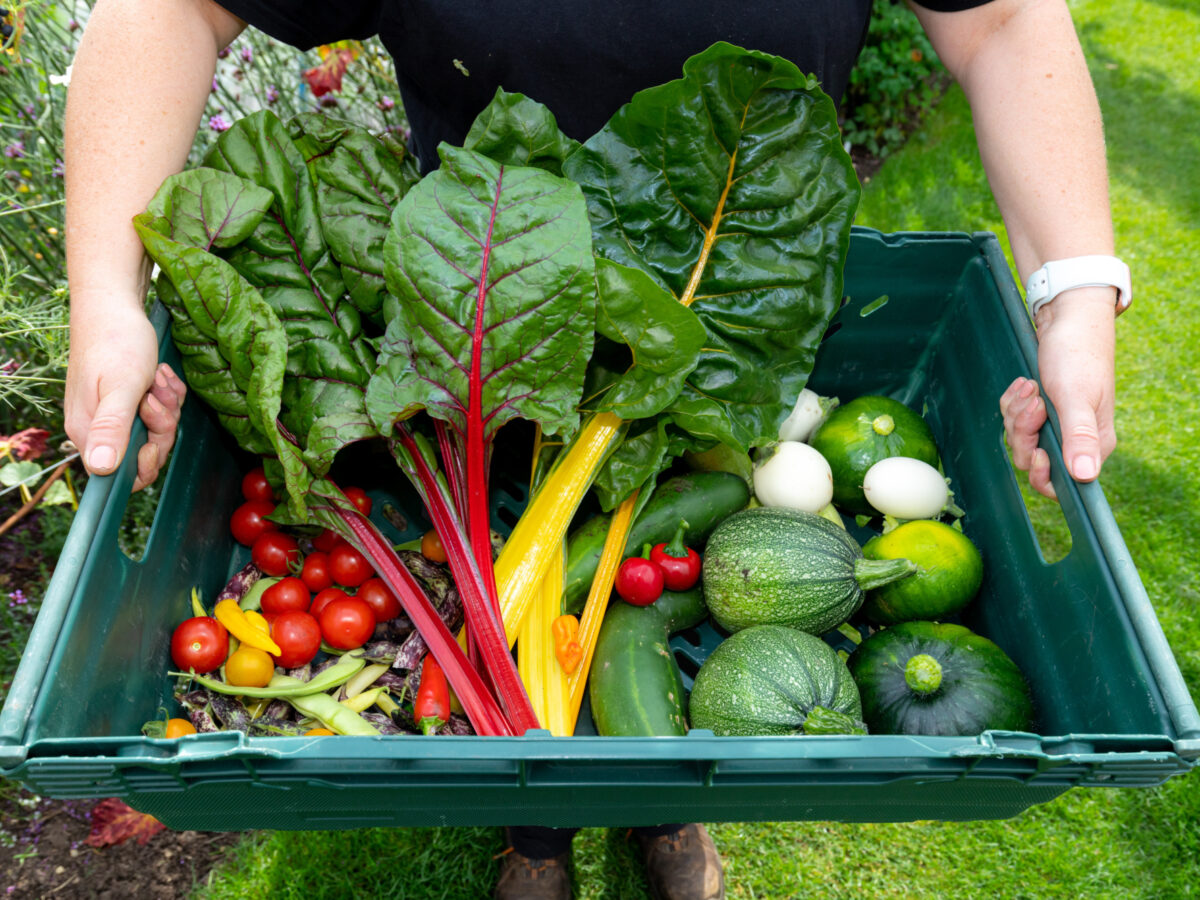
A Food Brexit: time to get real, an 88-page report published by the SPRU (Science Policy Research Unit), is a briefing document for Brexit negotiators and government ministers. It claims that the UK is unprepared for the most complex ever change to its food system on leaving the EU.
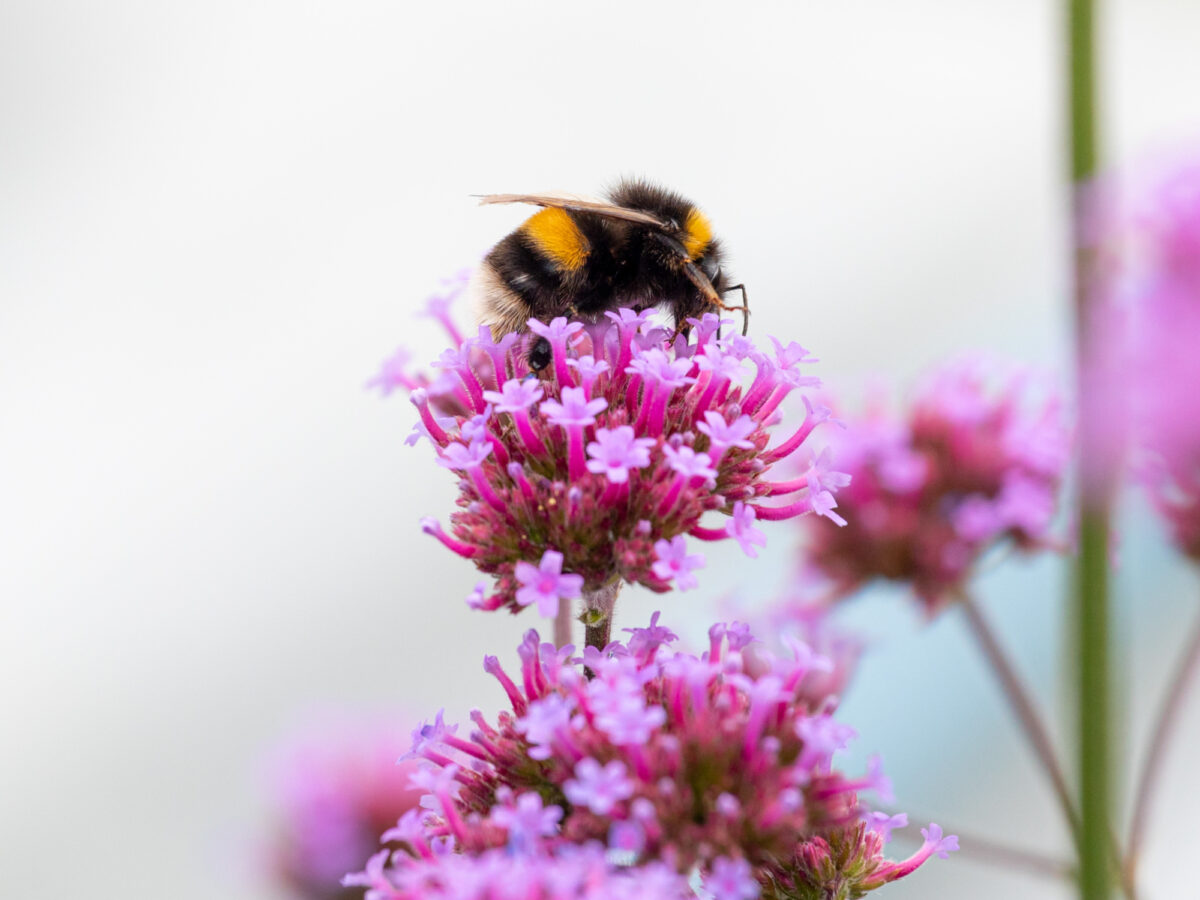
Two new and comprehensive 'field realistic' studies have been published, both looking at the effect of neonic pesticides on bees.
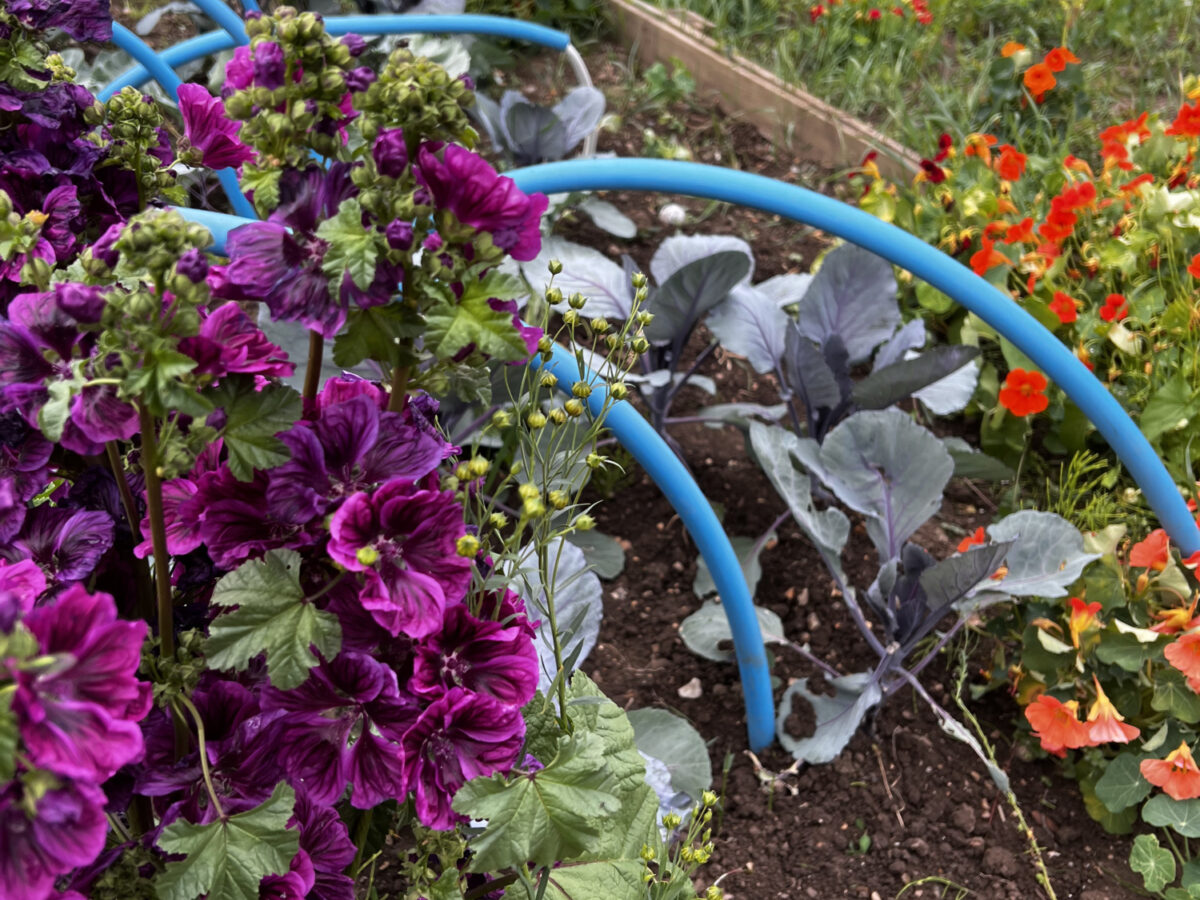
So suddenly the summer arrives, with blistering heat and I find my work day gaining an hour as keeping the plants on my allotment watered becomes a necessity.